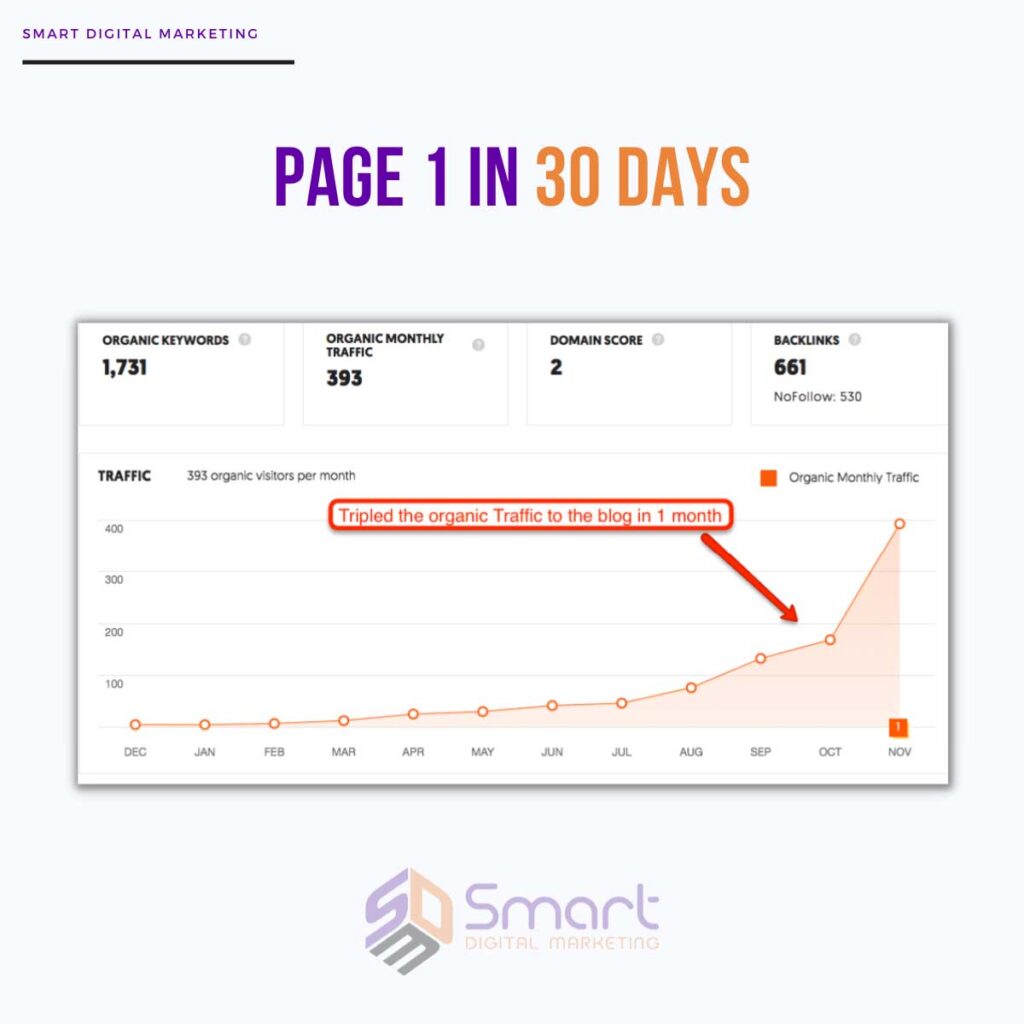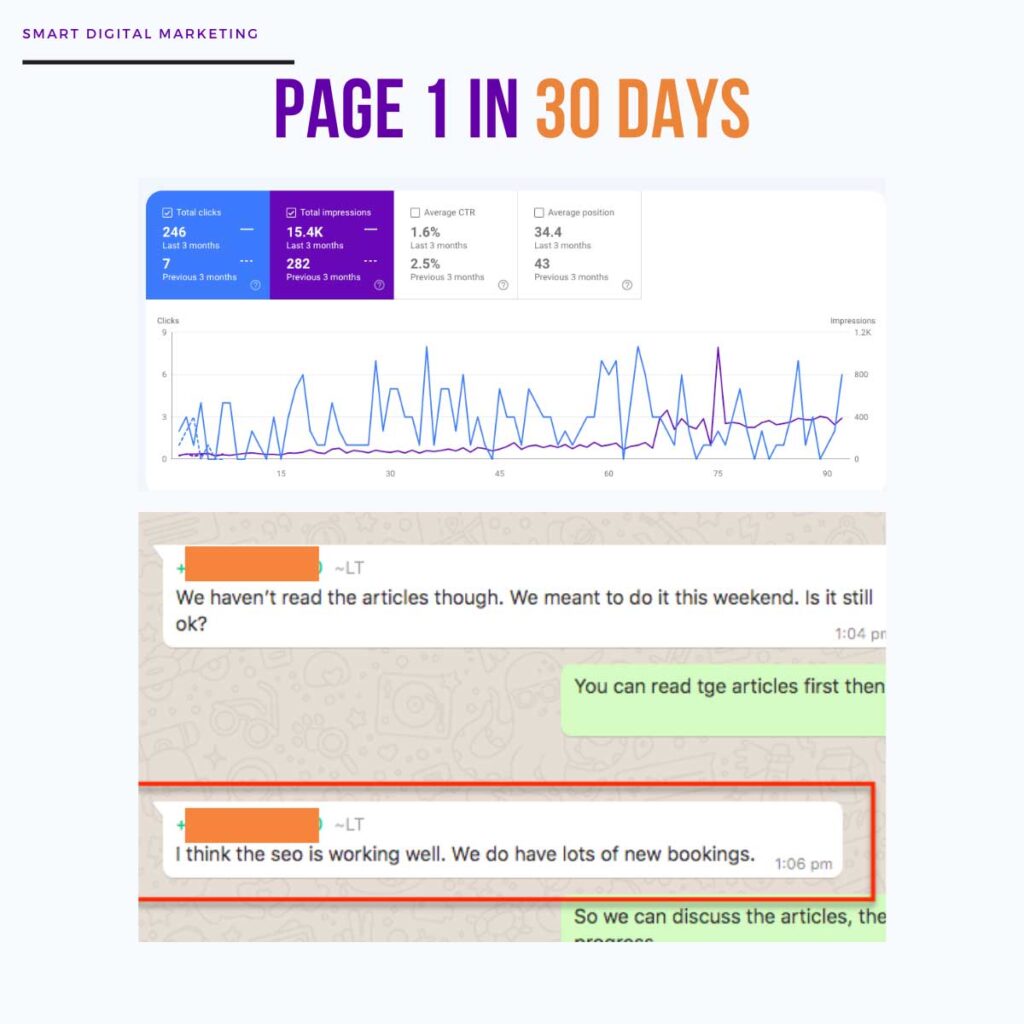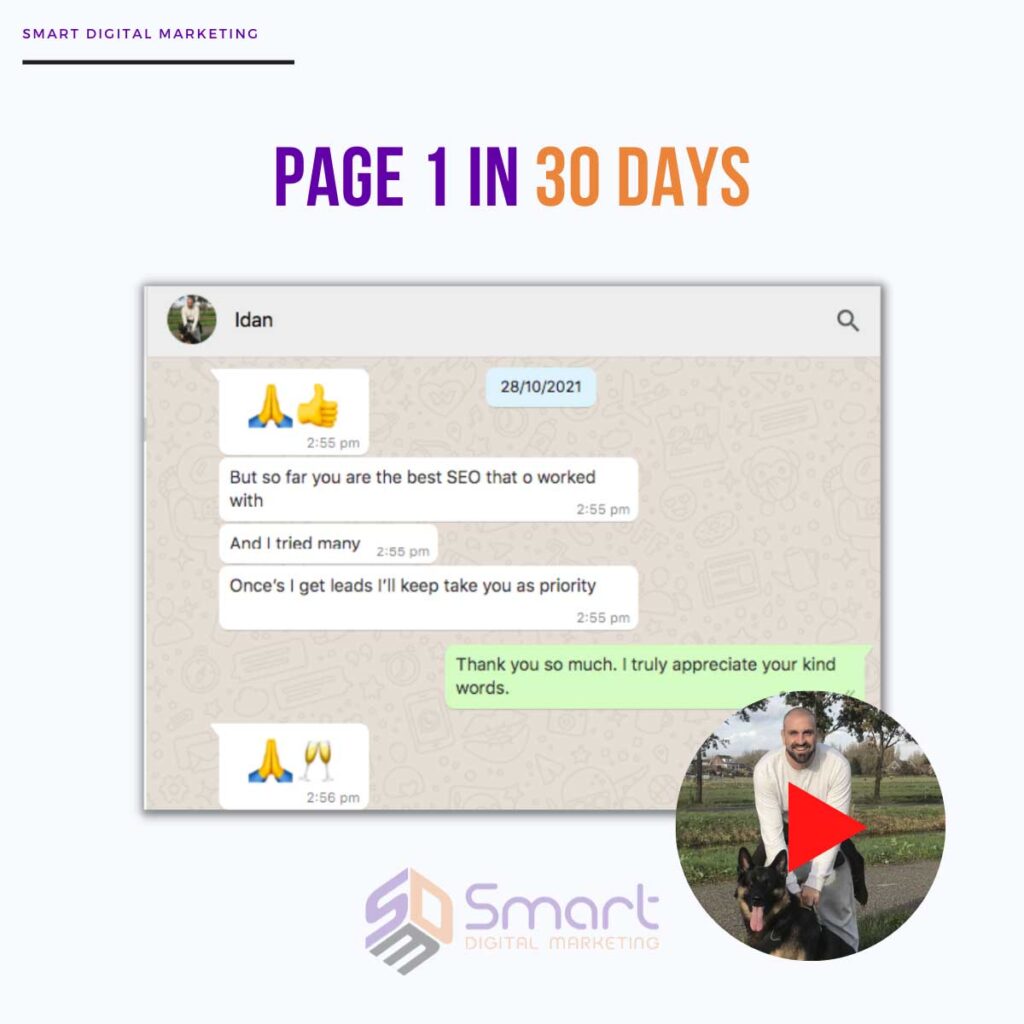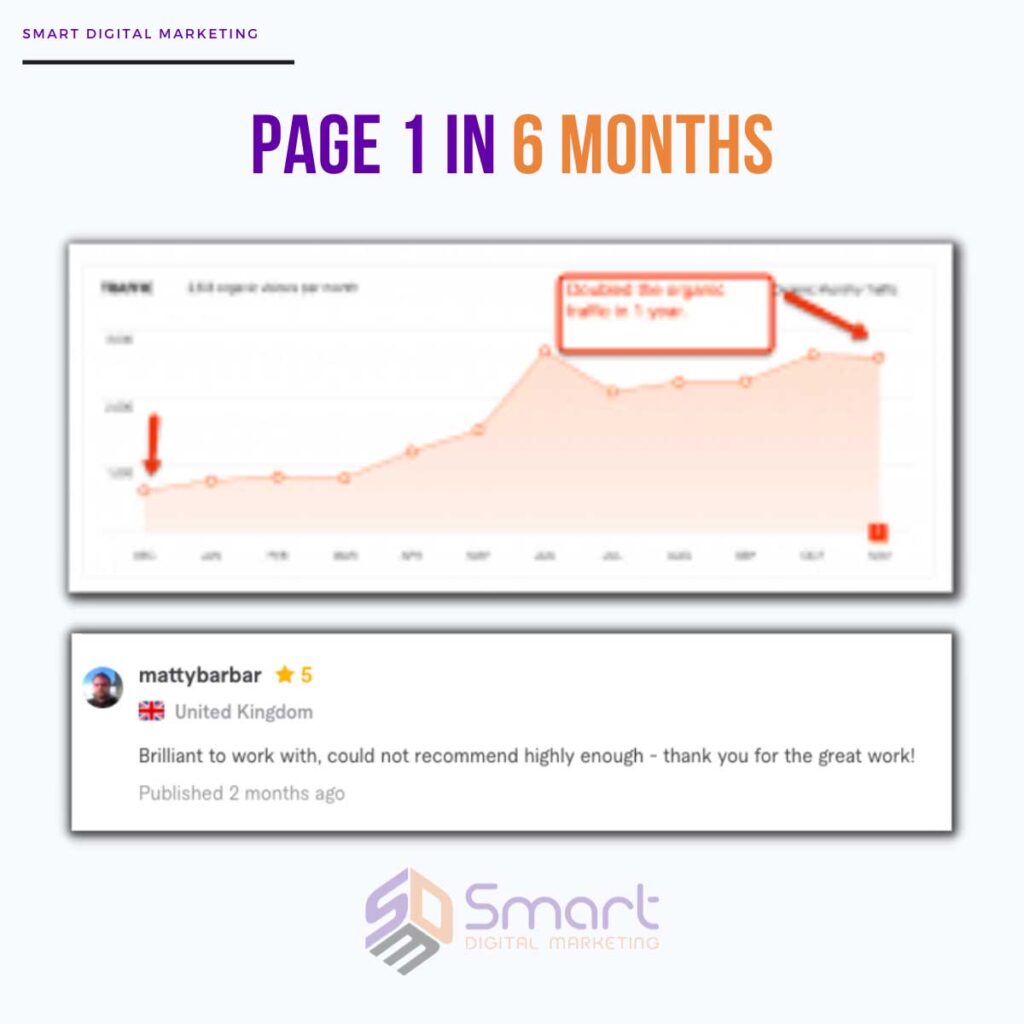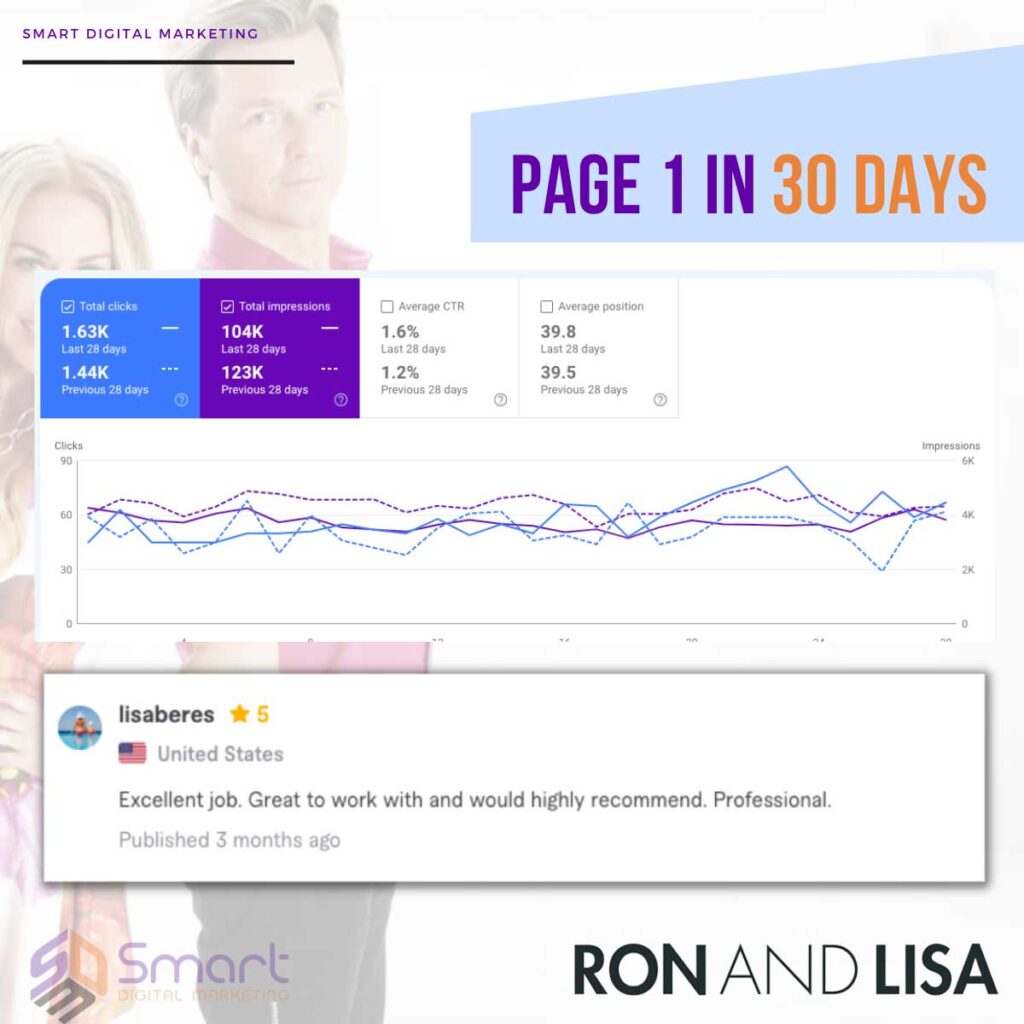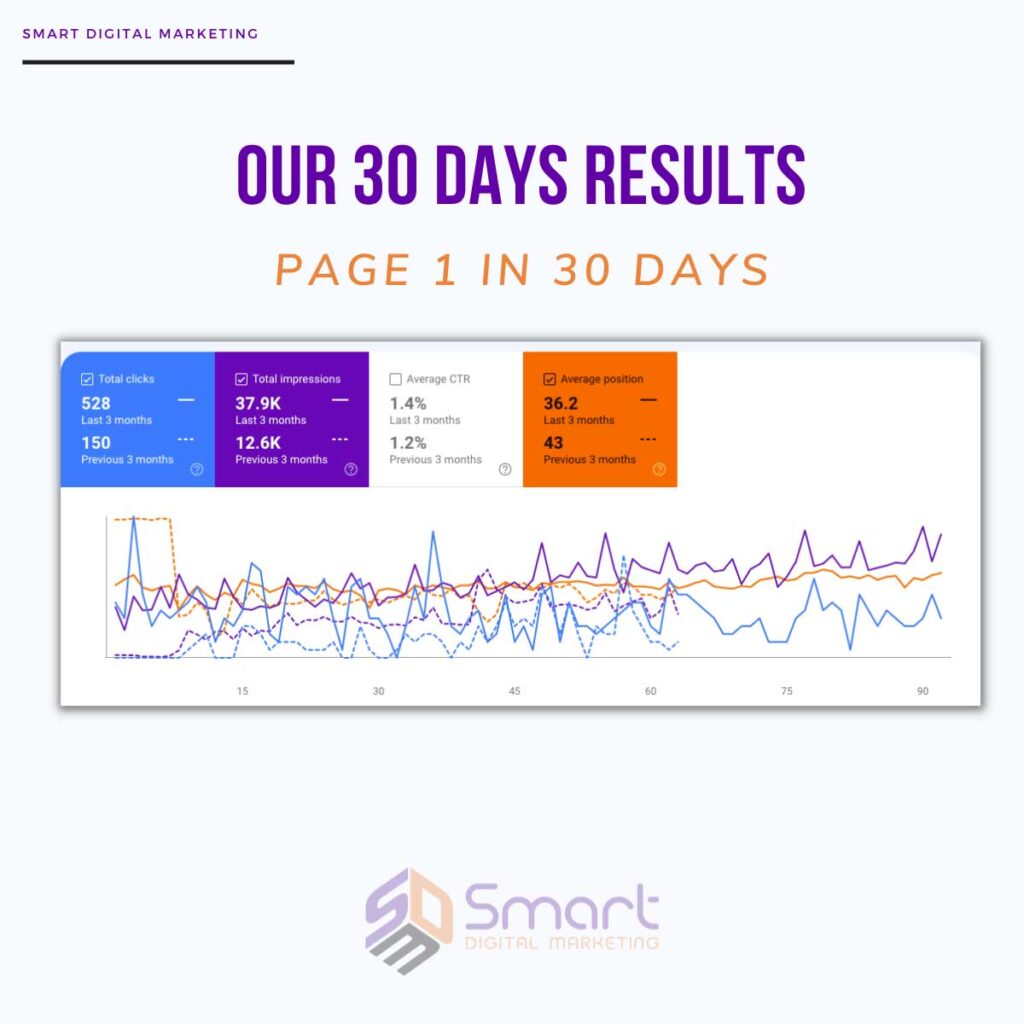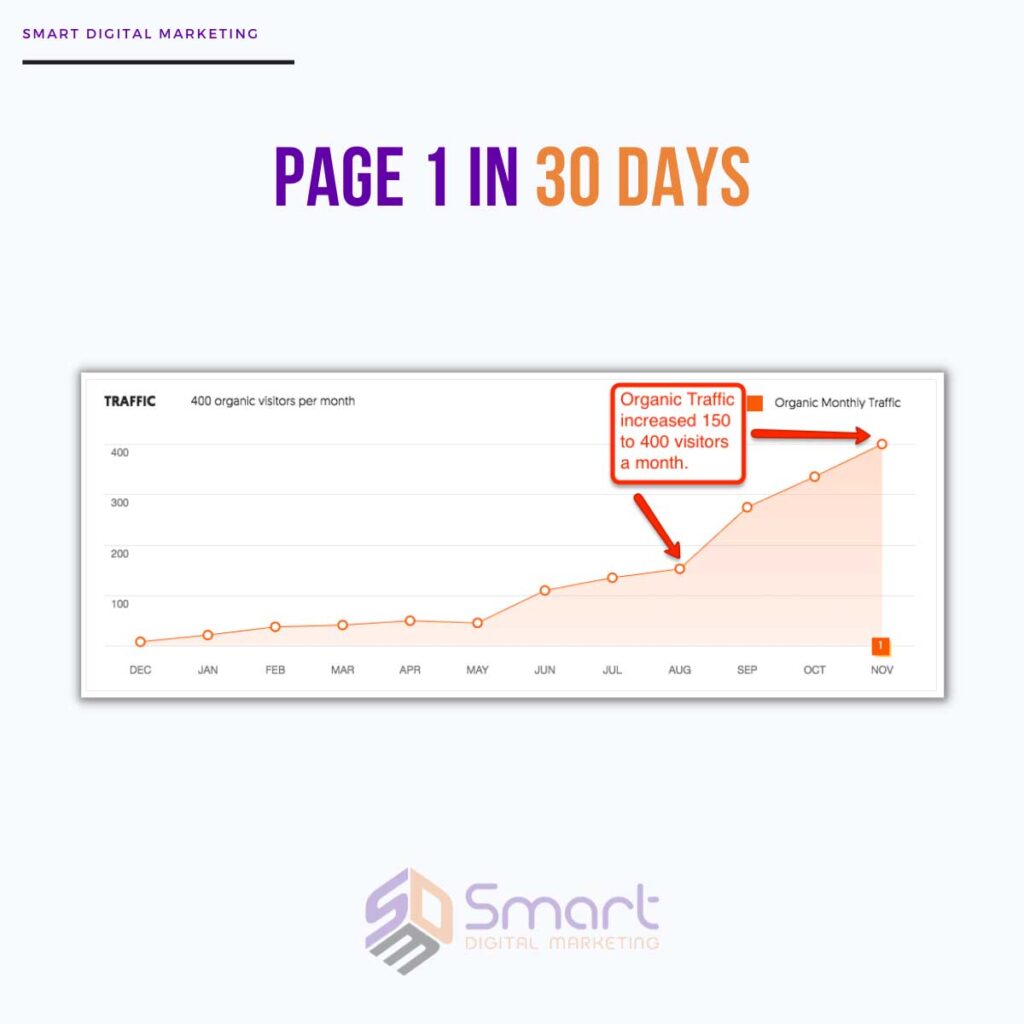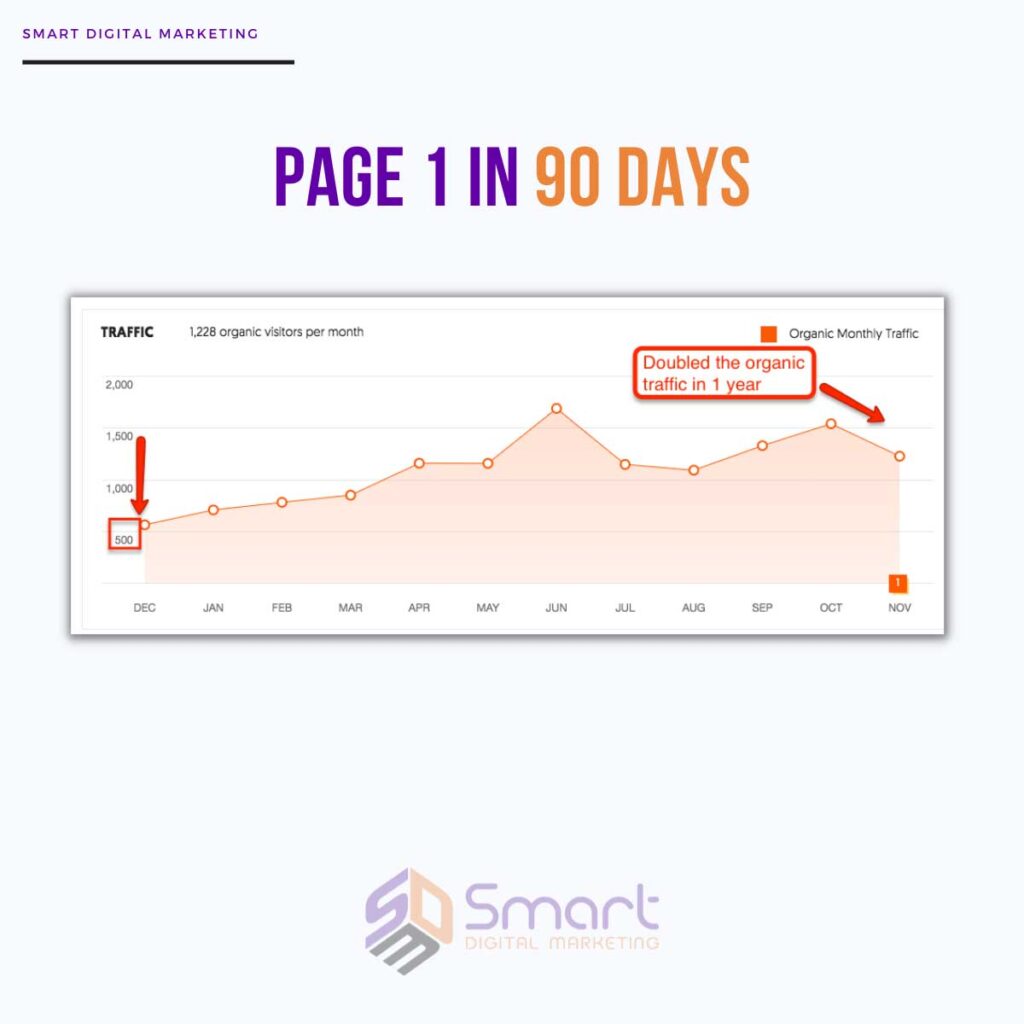With our onpage optimization services in Dubai, you can enhance your website’s visibility, increase organic traffic, and ultimately boost your online presence without any backlinks. We implement the most effective on-page strategies and techniques to optimize your website’s content and structure for better search engine rankings.
Are you struggling to rank your WordPress website on the first page of search engines (Google, Bing & Yandex, etc.)? This is a complete, hands-off SEO service.
Why Hire Us For On-page Optimization
Do you know Onpage SEO is a pillar in your rankings on the first page? According to Google’s algorithmic core update, On-page will be the main tracking junction to boost your rankings. We will optimize your site for higher rankings with error-free configuration.
Why invest in On-page Optimization?
On-page & Off-page SEO go hand in hand and are both extremely important to improve your visibility online. There are no quick fixes but done correctly will provide long-term search rankings. We’ll provide you with guaranteed Technical SEO and WordPress SEO on-page optimization to improve your search engine rankings, visibility, and click-through rate by displaying your website in relevant search results.
It’s always recommended to follow best practices and We will work on your SEO strategy and implement it without harming the essence of your website. We highly recommend the Instant Indexing API setup, it will dramatically index your website i.e. almost instantaneously. If you have fresh and appealing content, you can easily rank your website in SERP.
Choose A Plan For On-page Optimization
Premium
USD 200
Number of pages 10
Standard
USD 150
Number of pages 10
Basic
USD 100
Number of pages 10
The Cornerstone of On-Page SEO: In-Depth Keyword Research
Keyword research serves as the bedrock of any triumphant on-page SEO campaign. It enables you to comprehend the search queries users enter when seeking information related to your sector or niche.
Essential Tools for Efficient Keyword Research
To execute effective keyword research, consider using the following tools:
- Google Keyword Planner
- Ahrefs Keywords Explorer
- SEMrush Keyword Magic Tool
- Moz Keyword Explorer
- Ubersuggest
These resources will offer invaluable data concerning keyword search volume, competition, and associated keywords.
Long-Tail Keywords and LSI Keywords: The Key to Success
Long-tail keywords comprise lengthier, more precise search phrases with lower search volumes but higher conversion rates. Integrating long-tail keywords into your content can help you rank better for these specific queries.
Latent Semantic Indexing (LSI) keywords encompass related terms that search engines utilize to determine the context and relevance of your content. Including LSI keywords can enhance your content’s topical authority and assist search engines in understanding the overarching theme of your page.
Produce High-Caliber, Captivating Content
High-quality content is indispensable for on-page SEO success. To create engaging content, ensure you:
- Write for your target audience, using their language and addressing their concerns.
- Offer valuable and accurate information.
- Apply storytelling techniques to make your content more relatable.
- Break up long paragraphs and utilize bullet points or numbered lists for improved readability.
Enhance On-Page SEO with Heading Tags and Content Structure
Heading tags (H1, H2, H3, etc.) are vital for content structure and on-page SEO. They assist search engines in comprehending the hierarchy and organization of your content.
Best Practices for Heading Tags
- Use only one H1 tag per page, incorporating your primary keyword.
- Employ H2 tags for primary subheadings and H3 tags for secondary subheadings.
- Include relevant keywords in your subheadings without keyword stuffing.
- Make your subheadings descriptive and informative to boost user experience.
Boost Your Rankings with Optimized Title Tags and Meta Descriptions
Title tags and meta descriptions play a pivotal role in on-page SEO, as they directly influence click-through rates (CTR) and user engagement.
Crafting Engaging Title Tags
A well-optimized title tag should:
- Feature your primary keyword at the outset.
- Range between 50-60 characters in length.
- Be unique for each page.
- Employ numbers, brackets, or special characters to capture attention.
Composing Impactful Meta Descriptions
An optimized meta description should:
- Span 150-160 characters.
- Incorporate your primary keyword and LSI keywords.
- Present a clear and concise overview of the page content.
- Contain a call-to-action to entice users to click.
Maximize Rankings with Image Optimization
Images can have a significant impact on your on-page SEO. To optimize your images for better search engine rankings, adhere to these tips:
- Utilize descriptive and keyword-rich file names.
- Compress images to decrease file size and enhance page load time.
- Add pertinent alt text to describe the image’s content and purpose.
- Use suitable image formats, such as JPEG for photos and PNG for graphics.
Improve Usability with URL Structure and Optimization
An optimized URL structure can enhance your website’s usability, user experience, and search engine rankings. Follow these guidelines to create SEO-friendly URLs:
- Keep your URLs short, descriptive, and easy to read.
- Include your primary keyword in the URL.
- Use hyphens to separate words, instead of underscores or spaces.
- Avoid using special characters or excessive parameters.
Strengthen On-Page SEO with Internal and External Linking
Internal and external linking can boost your on-page SEO and help search engines better understand your content’s relevancy and value.
Internal Linking Best Practices
- Use descriptive and keyword-rich anchor text.
- Link to relevant and high-quality content on your website.
- Avoid excessive internal linking, which can dilute link equity.
- Establish a clear and logical site structure using internal links.
External Linking Best Practices
- Link to authoritative and relevant external sources.
- Use “nofollow” attributes for paid or untrusted links.
- Regularly check and fix broken external links to maintain a positive user experience.
Implement Schema Markup and Structured Data for Enhanced Results
Schema markup and structured data aid search engines in better understanding your content and can improve your search result appearance with rich snippets.
Implementing Schema Markup
- Use Google’s Structured Data Markup Helper or Schema.org to generate the appropriate schema markup for your content.
- Add the generated JSON-LD or Microdata code to your website’s HTML.
- Test your implementation using Google’s Rich Results Test tool.
Common Types of Schema Markups
Some prevalent schema markup types include:
- Article
- Breadcrumbs
- Events
- FAQ
- Organization
- Product
- Recipe
- Reviews
Prioritize Mobile-Friendly Design and Site Speed for On-Page SEO Success
A mobile-friendly design and fast-loading website are essential for on-page SEO success.
Mobile-Friendly Design Best Practices
- Use responsive web design to ensure your site displays correctly on all devices.
- Avoid using pop-ups or interstitials that obstruct content on mobile devices.
- Test your site’s mobile usability with Google’s Mobile-Friendly Test tool.
Improving Site Speed
- Optimize images and compress files to reduce load time.
- Use browser caching to store static files for faster loading.
- Minify HTML, CSS, and JavaScript files to remove unnecessary code.
- Implement a Content Delivery Network (CDN) to serve files from multiple locations.
Frequently Asked Questions (FAQs)
How long does it take to see the results of on-page SEO optimization?
The time it takes to see the results of on-page SEO optimization can vary depending on several factors, such as the competition, the quality of your content, and the frequency of search engine crawls. Generally, it may take anywhere from a few weeks to several months to see noticeable improvements in search engine rankings.
Is on-page SEO a one-time process, or does it require ongoing maintenance?
On-page SEO is not a one-time process. It requires regular maintenance and updates to ensure that your website remains optimized and aligned with the latest search engine algorithms and best practices. This includes updating content, fixing broken links, and monitoring keyword performance.
How important is on-page SEO compared to off-page SEO?
Both on-page and off-page SEO are crucial components of a successful SEO strategy. On-page SEO focuses on optimizing your website’s content and structure, while off-page SEO focuses on building your website’s reputation and authority through external factors, such as backlinks and social signals. By combining both on-page and off-page SEO efforts, you can achieve better search engine rankings and higher organic traffic.
Do I need to optimize my website for voice search?
With the increasing popularity of voice-activated devices and digital assistants, optimizing your website for voice search is becoming more important. To optimize your content for voice search, focus on conversational keywords, long-tail keywords, and structured data markup to help search engines better understand and display your content in voice search results.
Can I achieve high search engine rankings without investing in on-page SEO?
While it is possible to rank well for certain low-competition keywords without a strong on-page SEO strategy, neglecting on-page SEO can limit your website’s overall potential and make it difficult to rank for more competitive keywords. By investing in on-page SEO, you can improve your website’s visibility, user experience, and overall online presence, leading to better search engine rankings and increased organic traffic.

